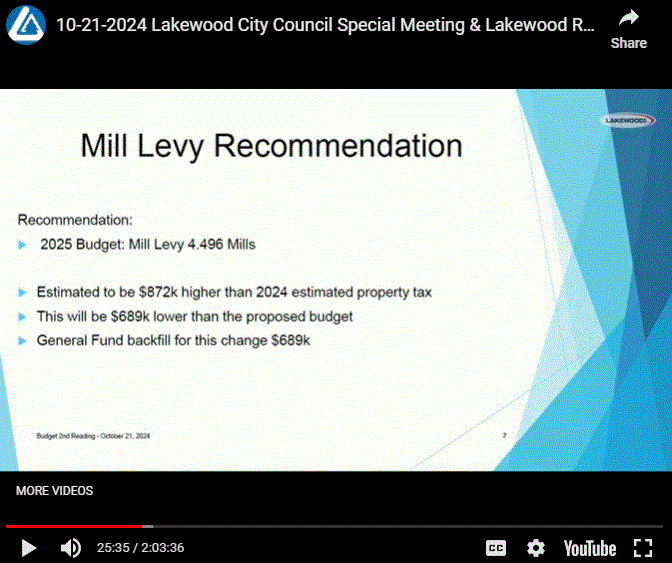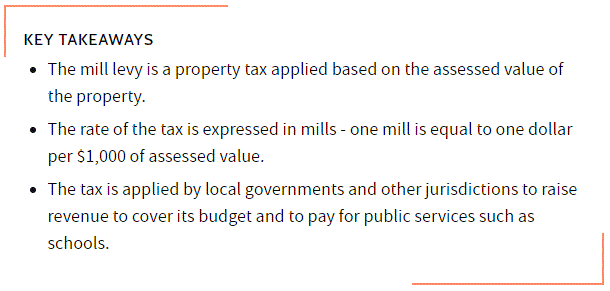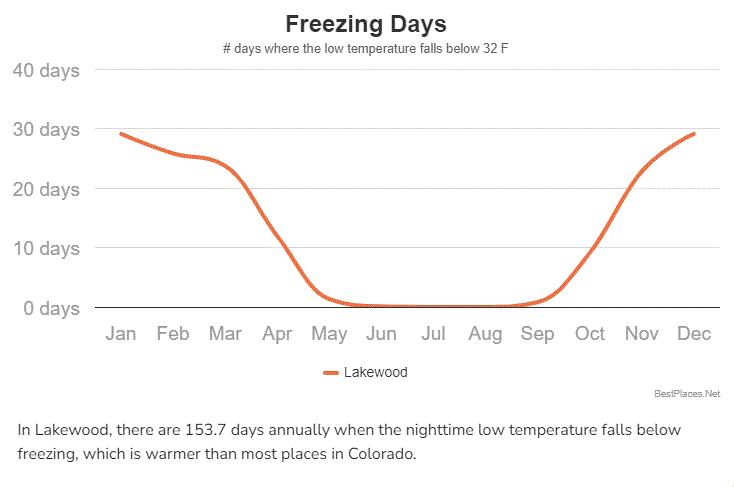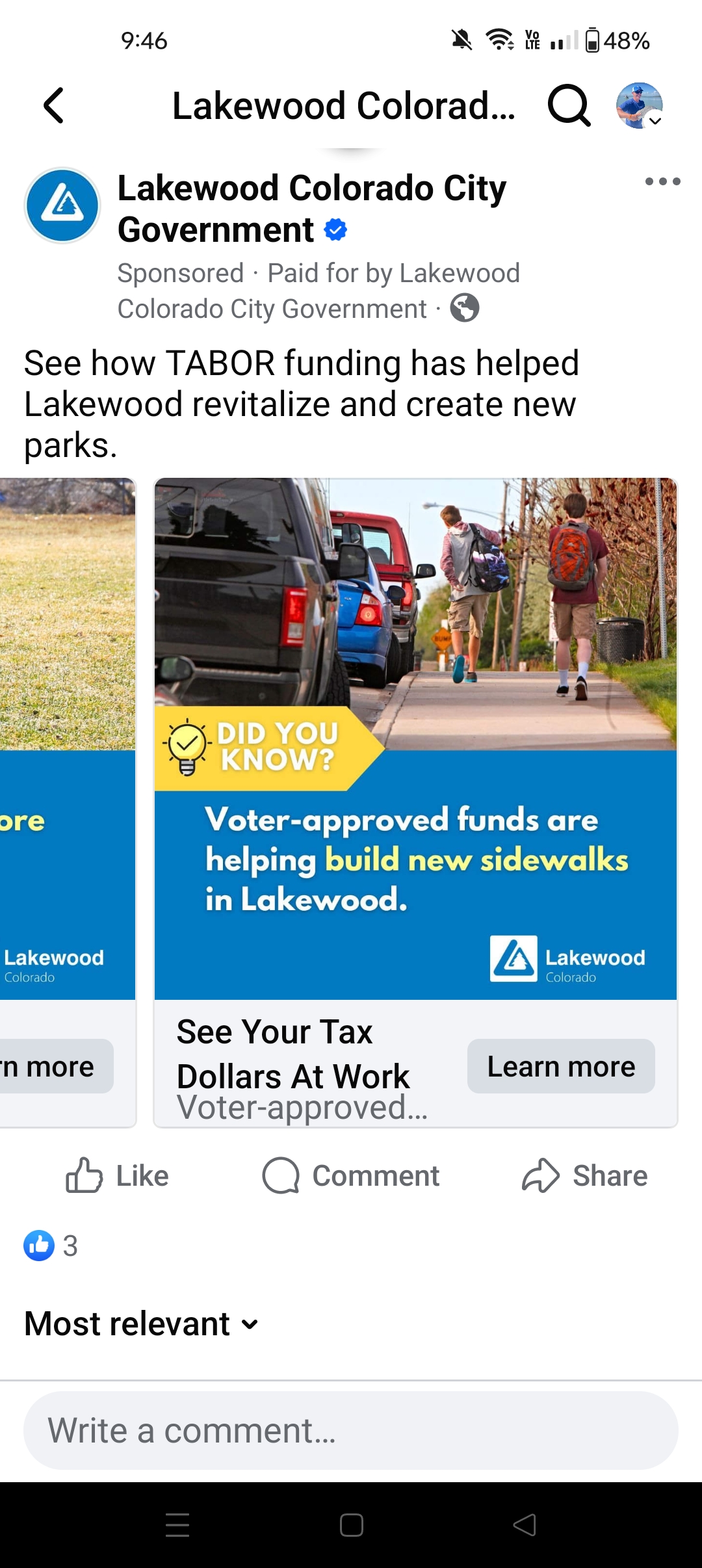Lakewood City Council Member Paula Nystrom and Jacob LaBure proposed banning gas fireplaces on October, 14, 2024. On the heels of two other proposals that night for increased sustainability measures, most Councilors urged for a deeper discussion of the topic at the council’s annual retreat. Councilor Rebekah Stewart was the only other “yes” vote on moving this ban forward. This discussion will be included again later in the zoning update tentatively scheduled for May, 2025
The city is already moving forward to fund electrification efforts, which include eliminating all gas appliances. As recommended by Lakewood’s Sustainability Committee, funding incentives would be provided for residents to voluntarily change their appliances, after which, mandates would be needed for everyone else. When asked whether Council is advocating for electrification, then-Councilor Wendi Strom responded that Lakewood was just in the research phase.
According to the 2025 budget Q&A, Lakewood has moved beyond research without a Council policy vote and without further public discussion. Lakewood will be a part of five different programs to remove gas appliances in residential homes starting in 2025.
The theory is that since grants are “free money”, no one could object and furthermore, the city’s Sustainability Plan calls for decreasing greenhouse gas emissions 20% below 2007 levels by 2025 so no public discussion is needed. As Councilors LaBure and Nystrom point out, Lakewood is behind its goals. To assist in reaching those goals, all gas appliances will have to be replaced with arguably more expensive and less efficient electric appliances.
The goal does not address how to power the new electric infrastructure given the grid cannot handle the current load. It also does not address the legal problems caused by similar demands to the commercial property world. There is no word on how to reverse or stop Lakewood’s policy of encouraging high-density growth, which led to more people with more gas appliances over the past decade.
Funding programs according to budget Q&A:
- Starting in 2025, Lakewood will use funds through DRCOG from the EPA Climate Pollution Reduction grant. Lakewood will “offer financial incentives for residential efficiency and electrification projects (heat pumps, electric cooktops, etc) and invests in more local workforce development. The program focuses on supporting low-income and disadvantaged communities and will reduce 149 million tons of carbon emissions by 2050. The funds have to be spent over the next 5 years.”
- Xcel Energy’s Clean Heat Plan (still needs to be approved by the Public Utilities Commission) will direct $440 million to electrification and efficiency measures and reduce natural gas use. Designed to support hundreds of thousands of households starting in 2025.
- Colorado Energy Office is expected to launch a $140 million Home Energy Rebate Program for low to moderate income households and building owners in early 2025 from the Department of Energy. This is part of the Inflation Reduction Act. The funds will be used for home electrification and appliance rebates and efficiency measures.
- Colorado Energy Office received $20 million to support efficiency and electrification improvements for buildings larger than 50,000 SF. Expected in 2025.
- Xcel also has a Transportation Electrification Plan and Demand-side Management plan that is expected to be adopted later this year and offer financial incentives starting in 2025. Total funding for that program is unknown at this time.
Scorecard: Banning Gas Fireplaces
Strom: Nay
Shahrezaei: Nay
Sinks: Nay
Mayott-Guerrero: Nay
Cruz: Nay
Stewart: Aye
Low: Nay
Olver: Nay
Rein: Nay
LaBure: Absent
Nystrom: Aye





